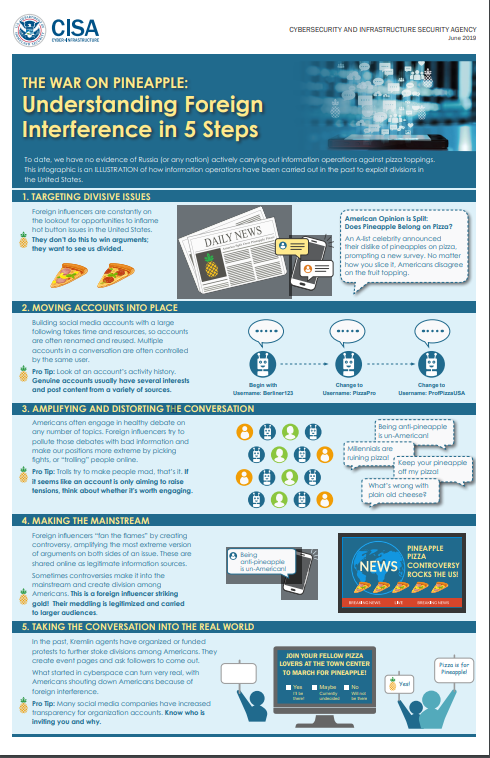Via Cyber Security Intelligence:
"Spear phishing is a targeted attempt to steal sensitive information such as account credentials or financial information from a specific victim, often for criminal reasons. A highly targeted form of phishing, spear phishing involves bespoke emails being sent to well-researched victims.
Spear phishing is an email or electronic communications scam targeted towards a specific individual, organization or business. Although often intended to steal data for malicious purposes, cyber criminals may also intend to install malware on a targeted user's computer.
Barracuda Network researchers worked with leading researchers at UC Berkeley and UC San Diego, to study the growing threat to business of email account crime using Spear Phishing methods.
It is all hard to spot without close inspection and difficult to stop with technical controls alone. In 2016 the Fancy Bear attack group used spear phishing tactics to target email accounts linked to Hilary Clinton’s 2016 presidential campaign. They attacked more than 1,800 Google accounts and implemented the accounts-google.com domain to threaten targeted users."
Continue reading the article online https://www.cybersecurityintelligence.com/blog/spear-phishing-threats-and-trends-4902.html
How Big Is Phishing in 2020?
"It is big. Sadly, it is growing even bigger if historical data is any indicator for the imminent future.
Not all spam consists of phishing emails, but it’s safe to assume a spam message might be a phishing attempt. And there are tons of it, cluttering inboxes far and wide, as these phishing stats clearly show.
- Spam is 45% of all emails sent. (Source: Propeller)
- About 14.5 billion spam emails are sent every day. (Source: Propeller)"
Continue reading more about the phishing trends https://hostingtribunal.com/blog/phishing-statistics/
Additional info can be found on the FBI page https://www.fbi.gov/investigate/cyber

















